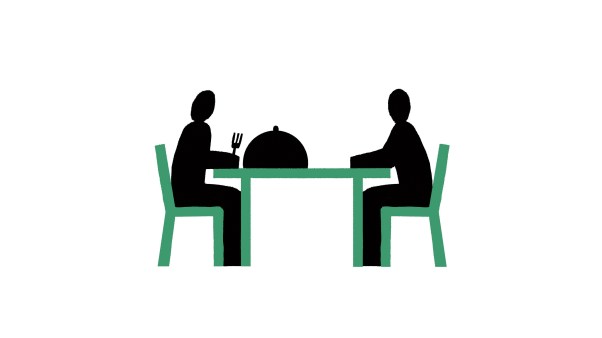Get a bunch of Christian intellectuals together and pretty soon they'll start in deploring the CBA. The initials stand for the Christian Booksellers Association, the organization that links Christian bookstores across the nation. (Secular bookstores form the American Booksellers Association, or ABA.)
The shorthand is a little inaccurate, because it's not actually the booksellers themselves that us elbow-patch types deplore. It's the poor quality of many of the books they sell. These books are generally described as shallow, cutesy, self-indulgent, and trivializing; they're thought to be embarrassingly below the standards of the ABA (no pinnacle of wisdom itself).
Who is to blame for this sorry state of affairs? Those scoundrels, the publishers. These are the guys responsible for producing the physical books; they decide that a project is worth the investment, coax it from a writer, run it through an editor, and stamp their name at the bottom of the spine (of the book, that is). CBA publishers, it is said, are too enamored of profit and don't care enough for the nurture of souls.
I agree that much of what is on display in a Christian bookstore falls short of edifying, especially when a lot of it isn't even books. If you walked into your local secular bookstore and found a third of the floor space given over to plastic gewgaws and T-shirts with cringeworthy puns about your deepest beliefs, you would gather that they don't think of you as Mensa material.
But I am not convinced that publishers are the bad guys in this story. Book publishing looks like a glamorous, big-bucks biz, but on the inside it's a lot more love than money. As Ken Auletta explained in a New Yorker magazine overview of publishing aptly titled "The Impossible Business," books require more expensive production and deliver tinier profits than most consumers realize. Manufacturing the physical book costs 10 percent of the cover price; distribution is 8 percent, marketing is another 71/2, and business overhead adds 8 more. (Of course, these figures will vary in accord with the number of books sold. The more books printed, the lower the per-book manufacturing price; the more books sold, the lower the per-book overhead.)
The author gets a shockingly low 10 percent "royalty," rising to 15 when sales pass a certain number. A complicating factor: before the book is published (and, in many cases, before it is even written), the publisher often pays the author an advance, based on an estimate of how many copies will eventually sell. These estimates are routinely overgenerous; in 1996, inflated advances that didn't "earn out" cost New York publishers $20 to $50 million.
We've already got a typical-book cost to the publisher of 43-48 percent before we add two more factors: stores and distributors enjoy discounts of 40-50 percent, and—the surprise killer—unsold books can be returned for a full refund. Auletta writes, "Most content businesses [those that deal in entertainment or information, like TV, music, and software] expect to make profits of at least fifteen to twenty per cent, but publishing has never seen returns of that size."
Doing the math makes me reluctant to pin the blame on publishers. I can understand their pursuit of the blockbuster, since a big success provides coattails wide enough for smaller books to get a ride. Conservatives who favor the "free market" should be most sympathetic here. If manufacturers of everything from peanut butter to paint have the right to produce those goods they think will bring the best return, why can't publishers do the same? Are publishers the only group duty-bound to bring out products that won't break even in sales? We don't expect churches and ministries to be run on such a basis; we expect wise stewardship instead.
If not the publishers, who is to blame? As with any commodity, it's a situation of supply and demand. Publishers are not forcing shallow books on an unwilling community. Buyers vote with their dollars as to which books they prefer. The depressing fact is that qualities deplored on the typical CBA shelf are exactly the ones consumers have demanded.
How can things be improved?
• Read book reviews, and when something sounds good to you, buy it. If you really like it, buy extra copies for your church library, your pastor, your best friend. Reward the industry for taking chances on more thoughtful books by proving that there is a market for them.
• Buy in hardback, if possible. I know, this is a crunch. But the initial hardback sales, before a book goes to paper, are where the numbers really count. Tell friends anytime they are buying you a gift to make it a hardback book. Give hardbacks yourself. Annie Dillard points out that current mainstream fiction is aimed at a single reader: the wealthy woman over 50. She's the only one thought to be buying hardback fiction. Change this.
• Start a book study group at your church. This not only increases book sales but also raises reader expectations as to what constitutes a worthwhile book.
An educated consumer is the direct cause of an improved CBA bookshelf. Let's roll up our elbow patches and get to work.
Copyright © 1998 Christianity Today. Click for reprint information.










